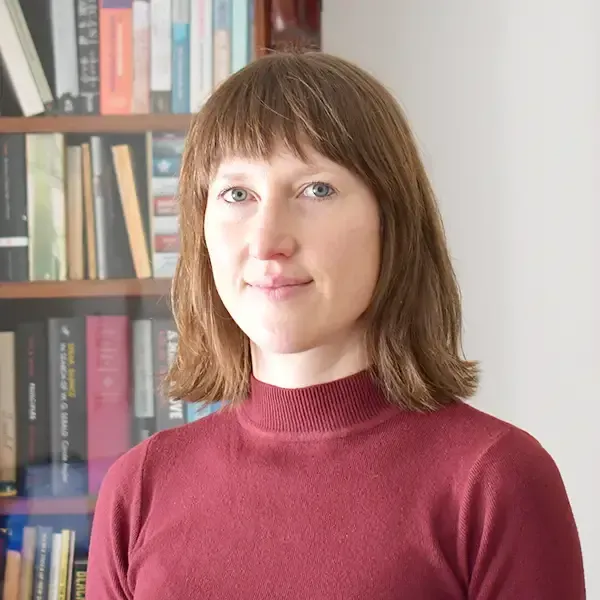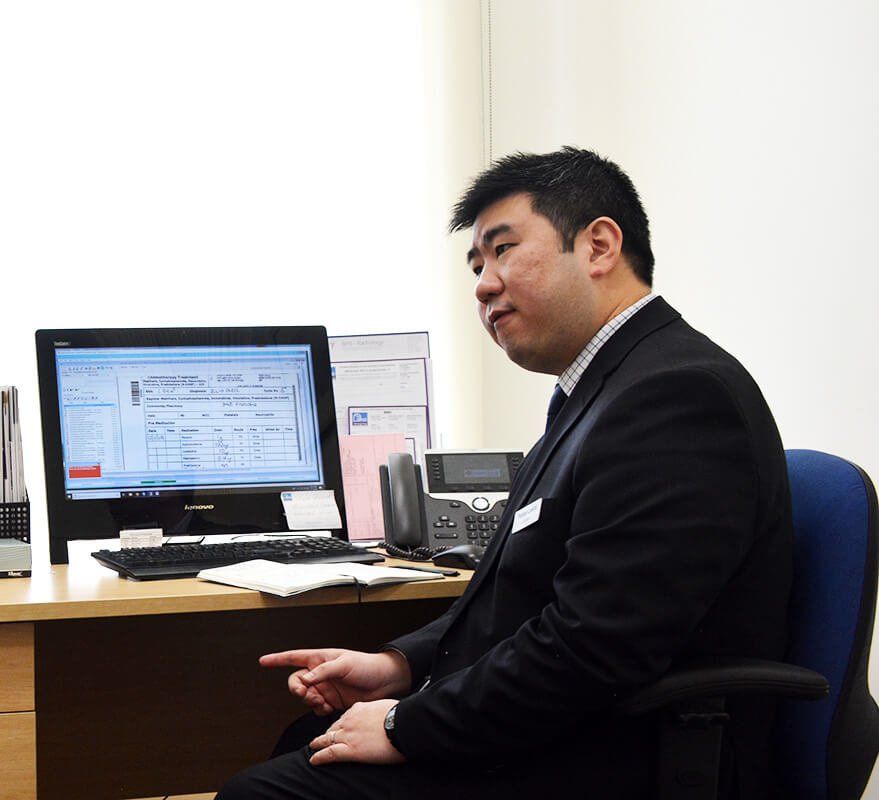Acute myeloid leukaemia (AML) is a type of blood cancer affecting developing white cells within the bone marrow, resulting in overproduction of abnormal blood cells in the bone marrow and circulating blood. It is more commonly seen in the older adults; with median age of onset between 68-70 years. As the name implies, it can present rapidly, leading to patients becoming unwell over weeks to short months.
AML is a diverse disease. Genetic and molecular markers predict the prognosis as well as provide a potential tool for targeted therapy. To achieve the best outcome, a thorough risk stratification on patient and disease factors, and tailoring the treatment are important.
Despite advances in leukemia treatment, the survival outcome for older patients with AML is still not as good as what we would hope for. This is in part explained by worse leukemia characteristics affecting older patients. Furthermore, age and comorbidities are major limiting factors in delivering intense chemotherapy in the elderly population due to increased risk of toxicity.
Low intensity chemotherapy using cytarabine or azacitidine injections have been the standard of care for those not suitable for intensive chemotherapy. There have been several clinical trials that are studying new regimens to improve the outcome of elderly patients with AML. A recently published clinical trial in elderly population who are not fit for intensive chemotherapy showed longer survival and higher remission among patients who received azacitidine plus venetoclax than those who received azacitidine alone. Azacitidine is given as an injection under the skin and is approved to use under PBS for AML patients with low disease burden. Venetoclax is an oral tablet which has been approved to be used in Australia for AML patients, although it is not PBS reimbursed yet.
In certain situation, it may not be possible to deliver treatment for patients – e.g. very frail, multiple other health conditions, personal wishes to have no treatment. If this is the case, palliative care will be provided to ensure that patients will be comfortable.
Another option for treatment for elderly patients with AML is through enrolment in clinical trials. Almost all clinical trials are run through major tertiary hospitals. For Ballarat and Grampians patients, referral to Melbourne metropolitan hospitals or Geelong would be appropriate if they are eligible. Please consult the haematologists at Ballarat Cancer Care and Haematology for further information regarding AML treatments.









